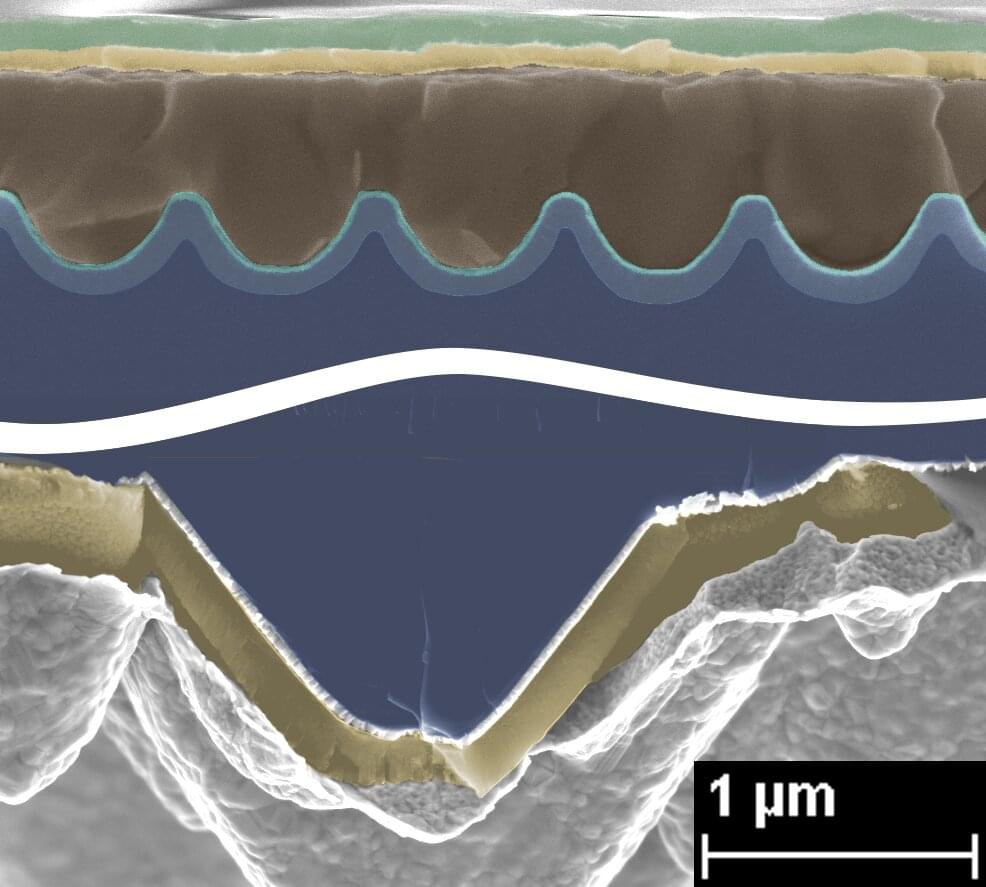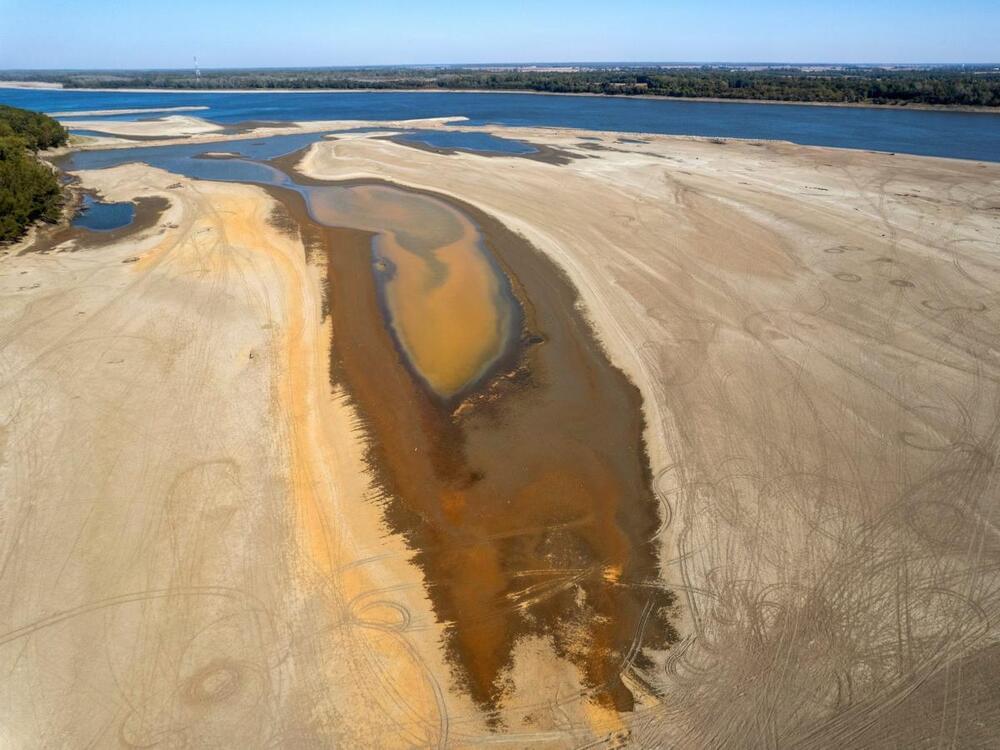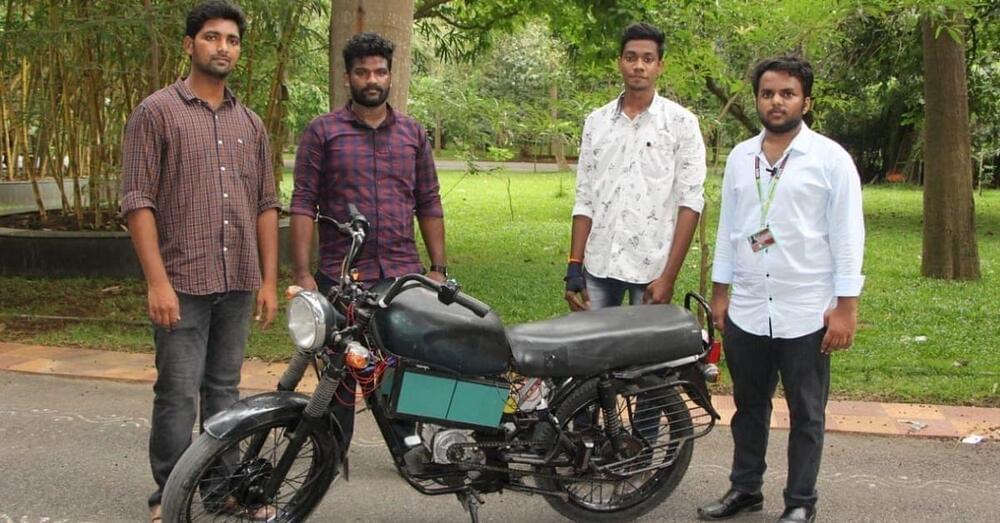A new way to boost the growth of plants in rooftop farms.
Humans constantly breathe out large amounts of CO2 and when we are inside a building for a period of time, it creates high concentrations of carbon dioxide inside the building. This CO2 is removed through a building’s exhaust system.
Plants take in CO2 as a source of food and when they are exposed to lots of CO2, they will grow bigger than they would have otherwise.
Dr. Sarabeth Buckley.
Interestingly, a team of researchers from Boston University has proposed a system called BIG GRO in which excess CO2 from a building’s exhaust system can be utilized as a fertilizer to grow thriving rooftop gardens.






